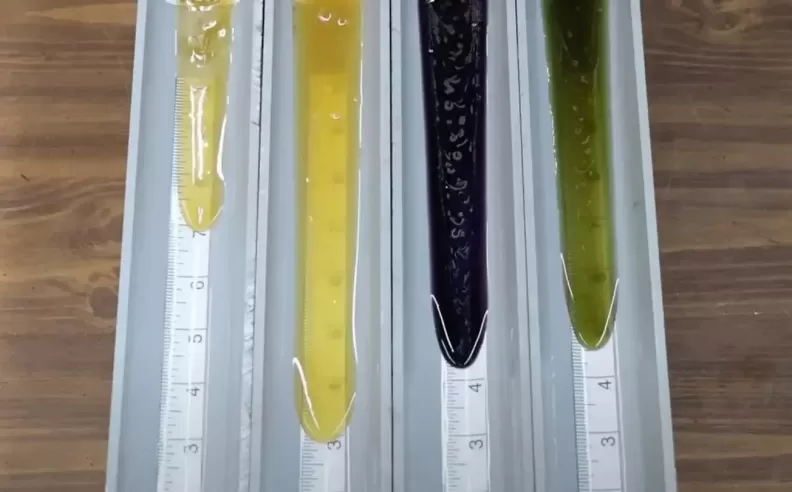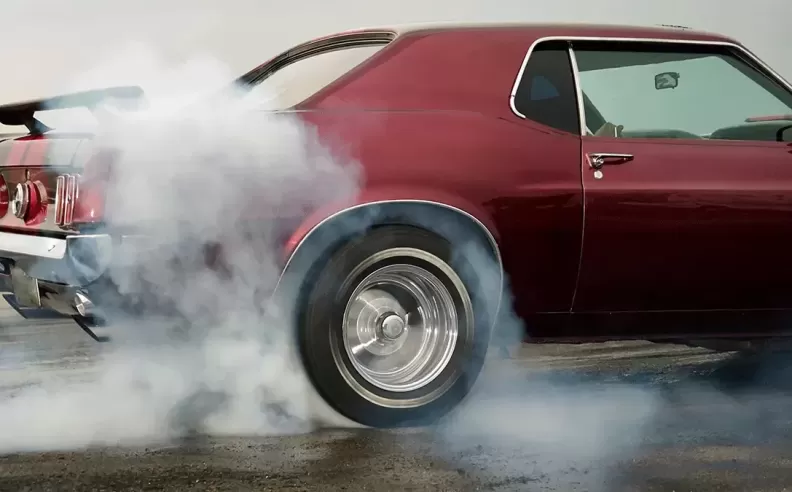
If you want to save money on motor oil, you can. But if you're planning to keep your car for the long haul, it’s better to spend a bit more. This conclusion comes from the latest test conducted by the popular Project Farm YouTube channel. For many of us, choosing the right type of oil for our vehicles can be a stressful decision. While top-shelf oil might be ideal, it's not always affordable. Fortunately, Project Farm's test reveals that cheap oils are generally fine for your engine, but higher-priced oils offer significant long-term benefits.

Project Farm tested six different brand-name motor oils, with prices ranging from $14 to $58 per jug, to evaluate their efficacy. The tests included oil viscosity, the ability to withstand extreme temperatures, and wear resistance through simulated friction tests. Additionally, the channel sent samples of each oil to a lab to analyze the presence of detergents and anti-wear additives.
The findings were illuminating. Every brand tested met healthy lubrication levels, adhering to SAE standards of quality. However, differences emerged in performance under varying temperatures and the types of additives present.
One standout was the mid-priced Hot Shot's Blue Diamond oil, which excelled in cold-temperature testing. This suggests that if you live in a colder climate, investing in a higher-quality oil could be beneficial for maintaining engine performance during the winter months.
As the price of the oil increased, so did the quantity and quality of additives. Additives like detergents (Boron and Calcium) and anti-wear materials (Phosphorus and Zinc) play a crucial role in maintaining long-term engine health. The most expensive oils tested contained higher levels of these beneficial additives, while the cheapest option, Mobil Delvac, had the least.
The primary advantage of more expensive oils is the enhanced protection they offer due to these additives. Over time, these additives help keep the engine cleaner and reduce wear and tear, potentially extending the lifespan of your engine and maintaining its performance. For those who intend to keep their cars for many years, the investment in higher-quality oil can pay off in the long run by reducing maintenance costs and preventing engine issues.
While cheap motor oils are perfectly adequate for short-term use or for those who frequently change their oil, spending extra on high-quality oil is a wise choice for long-term vehicle health. The tests from Project Farm highlight that the added cost translates into better performance, particularly in extreme temperatures, and more protective additives that can significantly benefit your engine over time.
In summary, if you plan to keep your car running smoothly for years to come, it's worth paying a bit more for premium motor oil. The peace of mind and potential savings in future repair costs make it a sound investment.

Wael is an automotive content writer specializes in creating written content for Motor 283. Producing a wide range of content, including blog posts, articles, product descriptions, reviews, and technical guides related to cars, trucks, motorcycles, and other vehicles, with an unprecedented passion for cars, and motorcycles.
